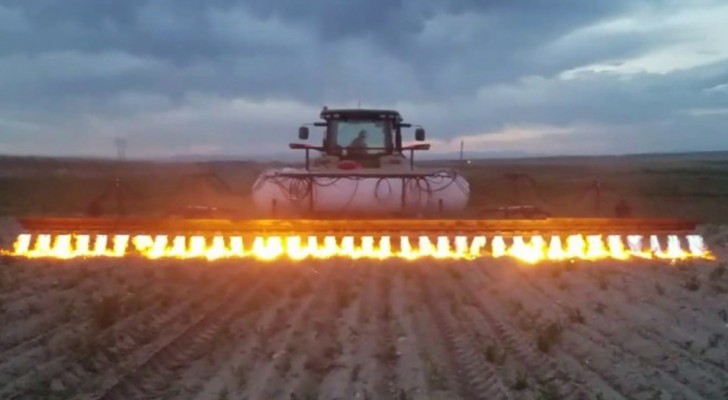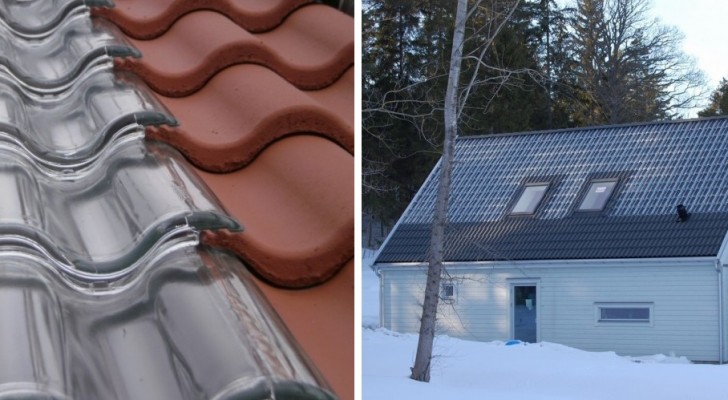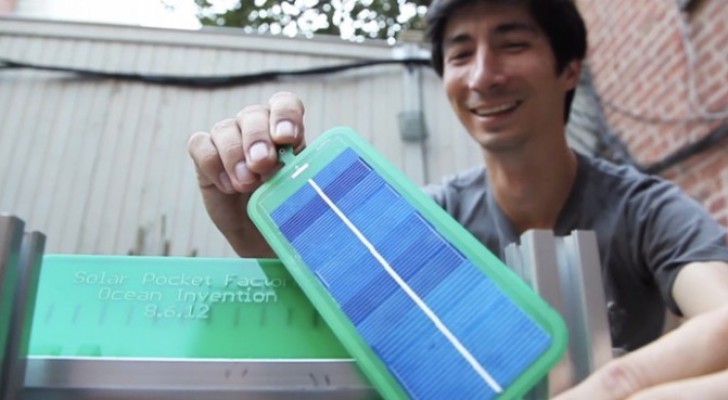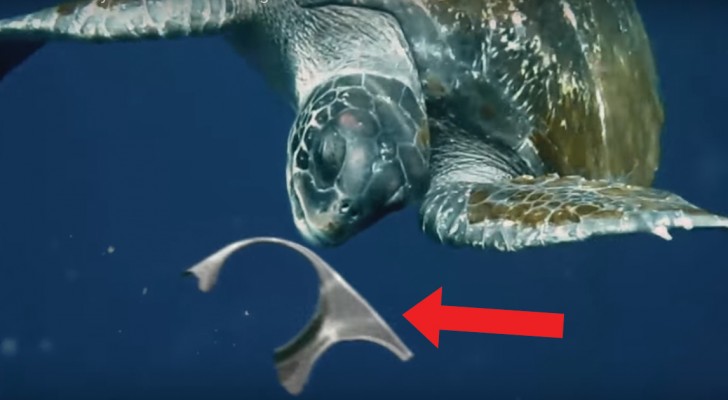Innovative biodegradable food containers reduce pollution!
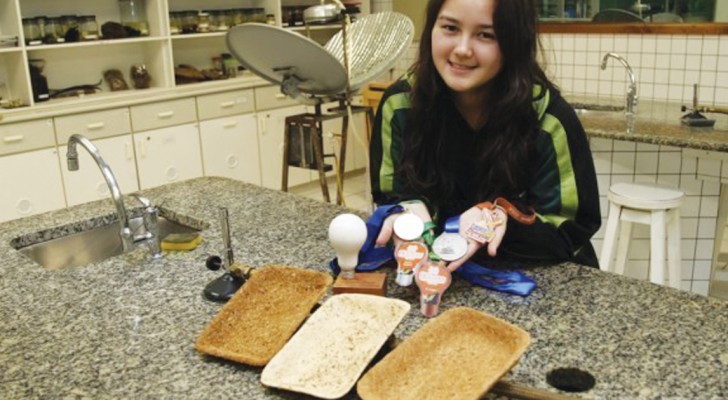
Polystyrene is a plastic material that is typically used in the form of light white foam from which containers and packaging are produced. It is quite easy to find it being utilized as a container tray for packaged fruit, meat, and other foods.
This material causes substantial damage to the environment as it is most often ingested by fish and birds that see it floating on the surface of the water. In fact, it is probably its presence in their stomachs that causes their death.
A girl, who is only 17 years, has found a solution to replace the polystyrene used in producing packaging materials with another material that is totally biodegradable and non-toxic.
via ciclovivo.com.br
Her name is Sayuri Magnabosco, she lives in Brazil and has just turned 17. At school, she learned that polystyrene takes from 100 to 300 years to decompose.
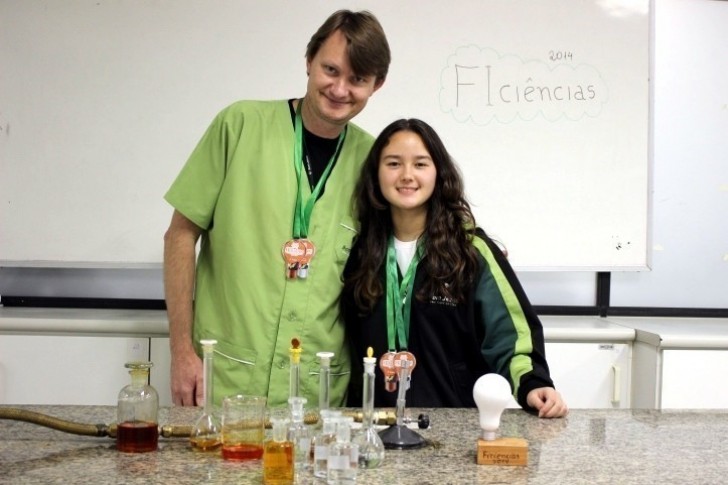
Much too long a period for an object that is thrown away only a few minutes after its purchase. Her idea was to produce an equivalent packaging material using sugar cane waste.
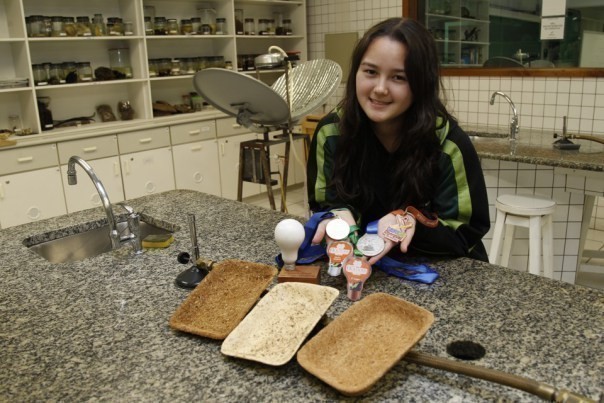
The brilliant student created the organic trays by following a very simple process. She combined bagasse, a dusty pulp residue that remains after milling sugar cane, with a paste of wheat flour and water.
These trays can last up to two years if stored properly under certain temperature and humidity conditions, whereas in landfills they will decompose in six months. What happens when the material comes in contact with water? It decomposes in only four hours!
In Brazil, the cultivation and processing of sugar cane is a large part of the domestic market. Therefore, according to the young scientist, the potential benefits of sugar cane waste are numerous and they should all be seriously investigated and studied.
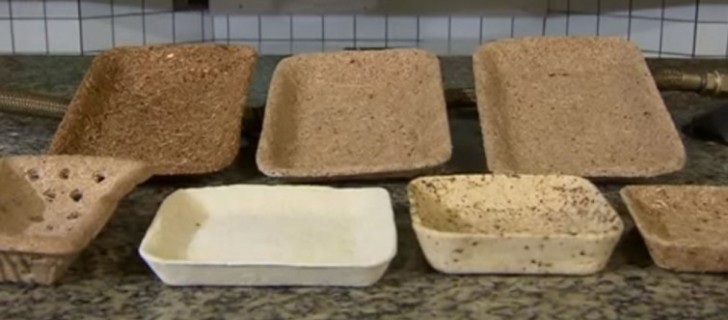
Due to the success of her science experiment, young Sayuri Magnabosco has won prizes and awards of recognition, including the podium in the GENIUS Olympiad in New York.
What is this girl's motto? "There is always something to be improved and we must be committed to doing it!" Kudos to Sayuri!
